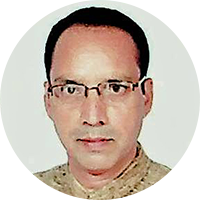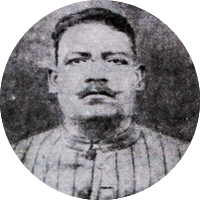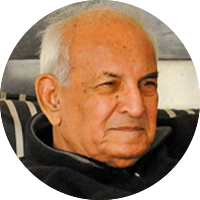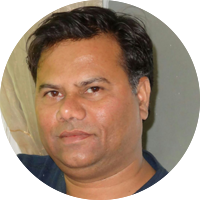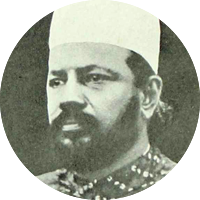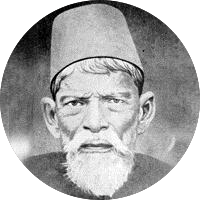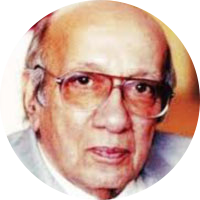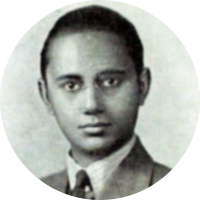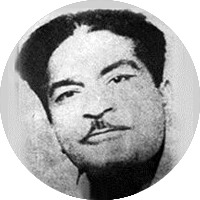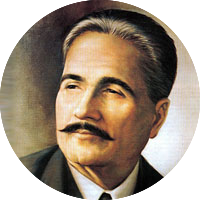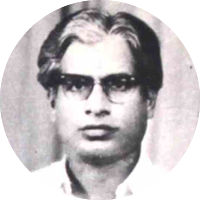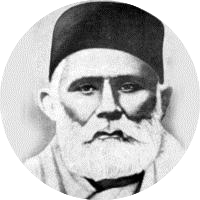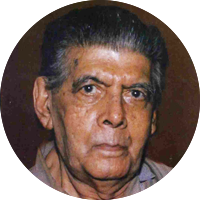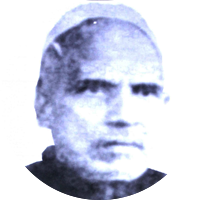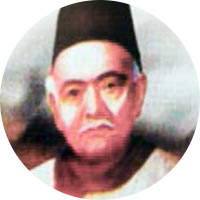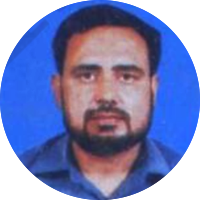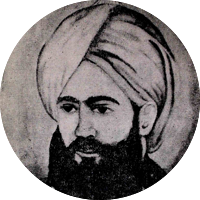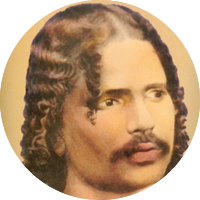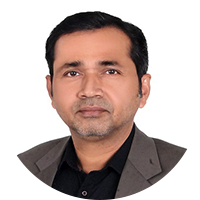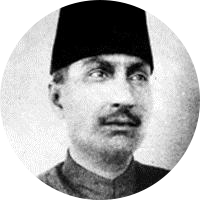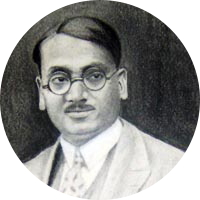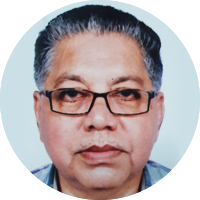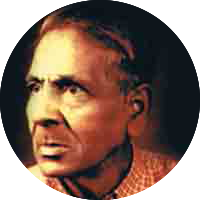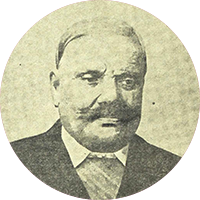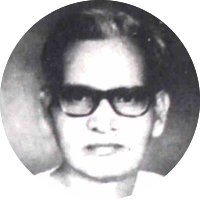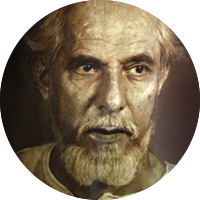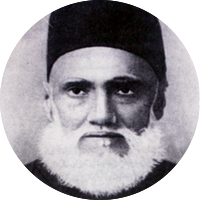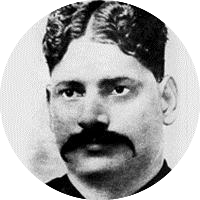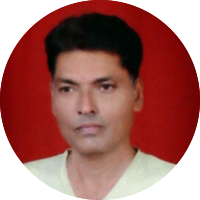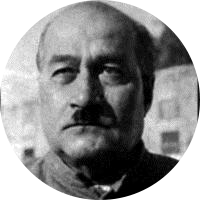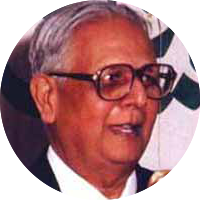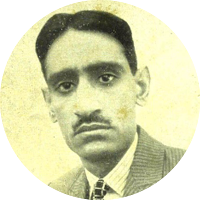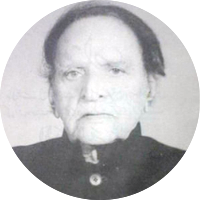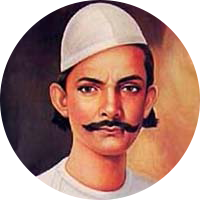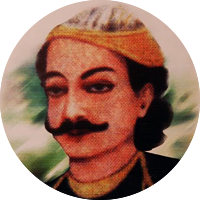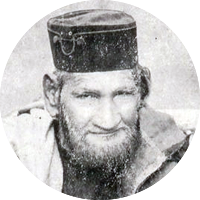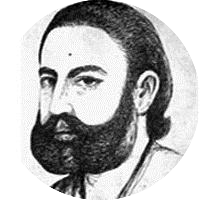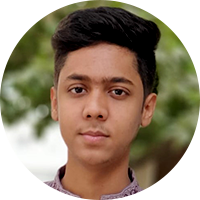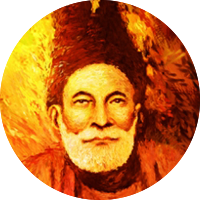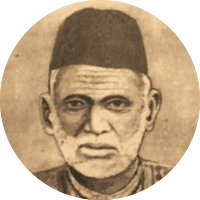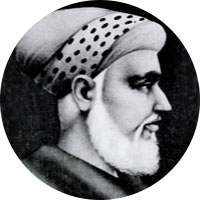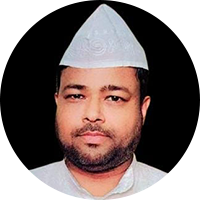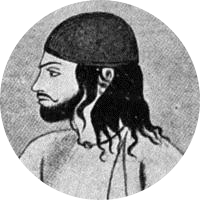Rubai
Rubaaii is the genre of Urdu nazm poetry which comprises 4 lines with the first. second and fourth lines having the same rhyming words. 24 metres are prescribed for writing Rubaaii. A Rubaaii may have all the lines in any one of these metres or each line in different metres.
A prominent poet and scholar of Lucknow, a disciple of Dagh and Natiq Gulawathhi, known for his annotations of Ghalib and Hafiz, and editing the works of the earliest women poets of Urdu.
Prominent Pakistani poet and translator translated select works from world literature, including Tagore’s Gitanjali.
Prominent and technically proficient poet from Hyderabad, Deccan; wrote poetry in difficult metres, also known for his Rubais.
The greatest Urdu poet of humour and satire, who was a Sessions judge at Allahabad.
Known as Shaaʿir-e-Romaan (Poet of Romance), he is a prominent Urdu poet who also edited several literary magazines, including Intikhab, Bahaaristan, Khyaalistan, and Romaan.
One of the greatest Urdu poets, the national poet of Pakistan, who penned 'Saare jahaan se achha Hindostaan hamara' and 'Lab pe aati hai dua ban ke tamanna meri'.
Well-known poet from Kolkata, wrote Ghazal, Nazm, and Rubai; published several collections of poetry for children, also edited several literary journals.
One of the founders of Urdu criticism. Outstanding pre-modern poet. Famous for writing Yaadgar-e-Ghalib, the first biography of Mirza Ghalib.
Known by the honorary title Allamah Arzoo Lakhnavi, he is an Urdu poet and lyricist who wrote in nearly every genre of Urdu poetry, including Marsiya, Qasida, Masnavi, Rubai, Naat, and chronogram inscriptions. He also wrote radio plays and scripts for several early Urdu films.
A contemporary of Dagh Dehlvi wrote poems of new tone and tenor under the influence of modernist writing.
One of the most powerful campaigners of Hindi revivalism, who wrote Urdu ghazals in classical style.
A poet from Tonk Estate migrated to Pakistan following the Partition; published a collection called Shola-e-Jaan.
Prominent poet, whose work shaped by personal tragedies and hardships often reflects pathos, loss, and spiritual longing, earning him the title of 'poet of pain' (Sahib-e-Gham).
Apart from active literary journalist, fiction writer, critic, translator, and travel writer.
One of the most influential pre-modern poets who paved the way for the modern Urdu ghazal. Known for his perceptive critical comments. Recipient of the Gyanpeeth Award.
One of the most fiery progressive poets who is known as Shayar-e-Inquilab (revolutionary poet).
Prominent scholar known for compiling the Diwan-e-Ghalib according to chronological order.
One of the most prominent classical poets at Lucknow, who excelled in Mersia poetry, was a contemporary of Mirza Ghalib.
Immensely successful poet, particularly renowned for his Masnavis, whose most celebrated work is Sihar-ul-Bayan. His other notable contributions include his Diwan of Ghazals and Tazkira-i-Shora-i-Urdu, a biographical compendium of Urdu poets written in Persian.
Prominent later classical poet and a beloved disciple of Ghalib.
One of the greatest Urdu poets, known as Khuda-e-Sukhan (God of Poetry).
Legendary Urdu poet occupying a place of pride in worldwide literature. One of the most quotable poets, having couplets for almost all situations of life.
One of the greatest 18th-century poets, contemporary of Mir Taqi Mir.
Contemporary of Ghalib and Zauq. Also a physician, astrologer, and chess player. Mirza Ghalib is said to have offered his complete Divan for his sher "Tum mere paas hote ho goya, Jab koi doosra nahin hota.".
Prominent classical poet who was part of the first war of independence in 1857.
